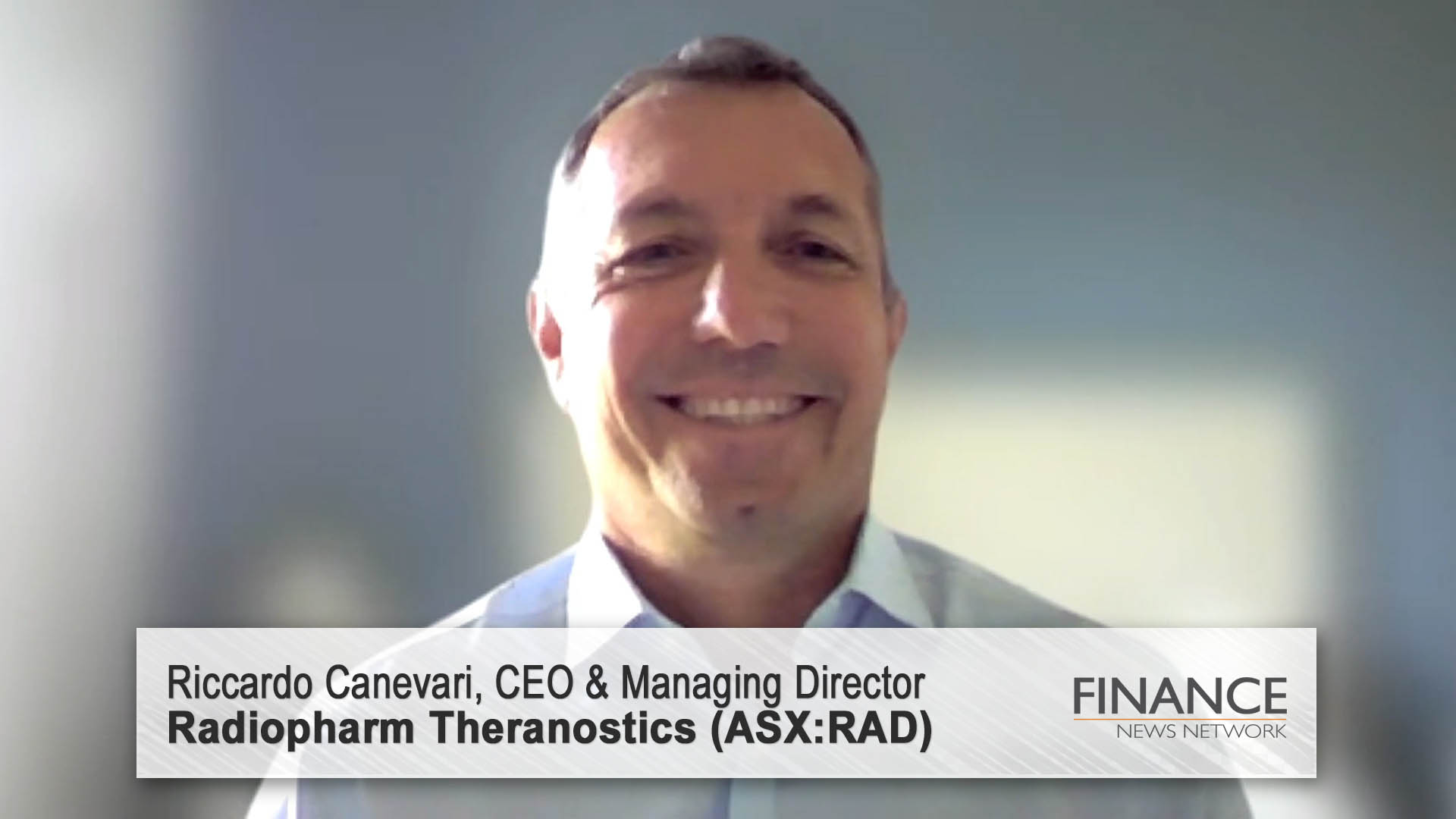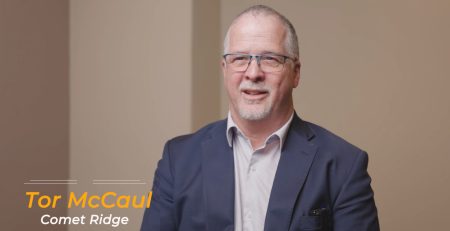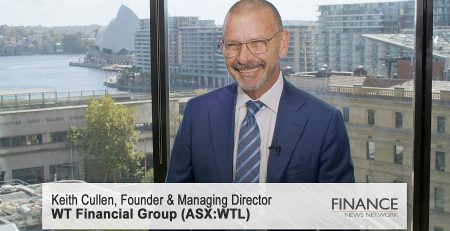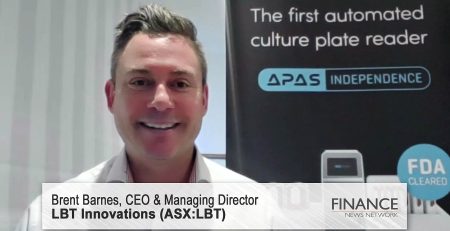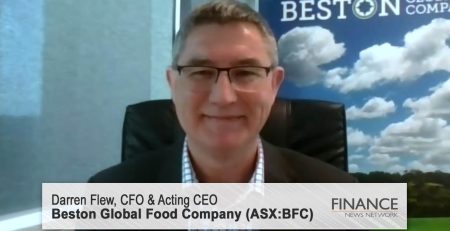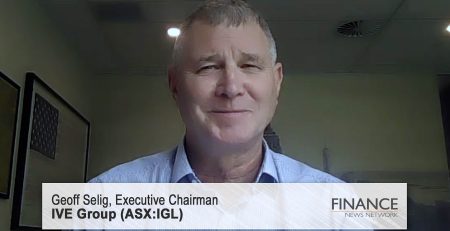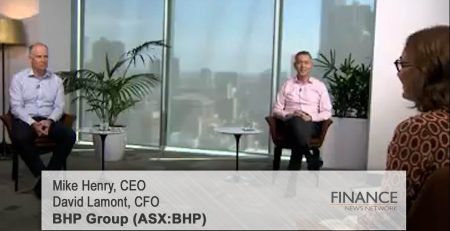Radiopharm Theranostics (ASX:RAD) to start prostate cancer trial
Radiopharm Theranostics Limited (ASX:RAD) CEO and Managing Director Riccardo Canevari provides an update on the company's portfolio of therapies.
Melissa Darmawan: Thanks for tuning in to Finance News. I'm Melissa Darmawan. Here to talk to us today is the CEO of Radiopharm Theranostics (ASX:RAD), Riccardo Canevari. Riccardo, nice to see you again!
Riccardo Canevari: Hello, Melissa. How are you? Nice to see you again.
Melissa Darmawan: I'm good, thank you. Last time we spoke you were in the Sydney studio and now you're in Rome. Is that right?
Riccardo Canevari: That's correct. Travelling a bit now post-COVID. Excited to be around.
Melissa Darmawan: That's great. So does that mean that you celebrated the extension of your agreement with GenesisCare over there?
Riccardo Canevari: That's a good point. Why not? It's a great agreement, Melissa. So, as you know, GenesisCare is a fantastic company. Very well established in running clinical trials in Australia and abroad. We are very pleased that we have extended our agreement that will allow us to start a second trial here in Australia for patients with prostate cancer.
Melissa Darmawan: Let's talk about your trial targeting non-small cell lung cancer that is on the horizon here in Australia. Despite significant progress around treatments during the last decade or so, there are some unmet medical needs. Can you give us an update on this trial and what makes it different?
Riccardo Canevari: Melissa, you are absolutely correct. First of all, good news for patients with non-small cell lung cancer that, in the last decade, there has been significant progresses, mainly with a class of therapies called checkpoint inhibitors or immuno-oncology. Now these are great therapies, but unfortunately only 20 to 30 per cent of the patients respond to these therapies. So, what about the other 70 per cent? And this is exactly the patient population that we plan to target with our very innovative radiopharmaceutical therapy and with our trial that, in collaboration with GenesisCare, we plan to start very soon in Australia. So this is a unique new approach. We believe that there are opportunities to bring a new therapy for those patients. So, we want to start the process properly, testing safety first, and then efficacy of our compound in this target population.
Melissa Darmawan: Riccardo, one thing I do understand about this particular trial is that there's a way that you can bypass the healthy cell and go straight to the cancerous cell. Have I got my understanding correct? And, if so, could you provide a bit more colour around that?
Riccardo Canevari: What is unique about radiopharmaceutical therapy is that these are extremely targeted approaches. So, you have a molecule that is able to go to the cancer cell and, at that time, the molecule is able to release high energy from the isotope. In this way, the isotope is able to kill the cancer cell, but not touching the healthy tissue. So, the combination of a very targeted approach with a very powerful way to disrupt the tumour cells is very promising. And that's where we are basing all our belief that there is potential of a science advancement in this area.
Melissa Darmawan: Thanks for that. Could you provide us with an update on the other trials in your portfolio?
Riccardo Canevari: So, in addition to the non-small cell lung cancer that we just spoke about and the prostate cancer trial that also is planned to start in the second half of 2022 in Australia, we have additional two trials that we plan to start. Two Phase I planned for the US — in this case, again in the second part of 2022. So, a total of four Phase I trials, two in Australia and two in the US. And I believe that the fact that this is happening probably all within a year since the company IPO, so from November 2021 to end of this year, is a very significant advancement, and we are really trying our best to make this happen.
Melissa Darmawan: It's been a big year for you and one of them included signing a deal with Isotopia. Could you talk us through what prompted this move and how this will help with your portfolio assets?
Riccardo Canevari: In our portfolio, we are using different isotopes. For example, for the trial in Australia with prostate cancer, we use Actinium-225. And for the trial in prostate cancer, we use Rhenium-188. But there is another very important isotope called Lutetium-177 that is very critical to advance our pipeline to Phase I and beyond. And this is the objective of our agreement with Isotopia. They have very high-quality Lutetium-177, a very strong supply chain to deliver the isotope to the manufacturing that then will prepare the final products that will go to the hospital, where the patients are. So, a strategic agreement to have an important isotope in our portfolio to accelerate further our development plans.
Melissa Darmawan: Last one from me. What can we expect for the second half of the year?
Riccardo Canevari: Second half, as I said, is going to be very busy. Four new Phase I clinical trials to start, and, in addition, we are preparing for 2023. Somehow, there is this magical four number — four trials this year, and we plan to start also four trials next year. And this is a lot of preparation, but we want to bring all our pipeline into clinical use, into clinical trial, so that the patient can really benefit from the molecule and the innovation.
At the end of the day, Melissa, everything we do is really to try to significantly improve outcomes for patients living with oncological disease. So, the more molecules we bring to clinical, the more probability of success that we will have two, three or four therapies one day very effective and safe for those patients.
Melissa Darmawan: Riccardo, it was great to speak with you. Thanks so much for your time.
Riccardo Canevari: Thank you, Melissa, for having me and I hope to see you next time in Sydney again.
Ends
Copyright 2022 – Finance News Network
Source: Finance News Network

